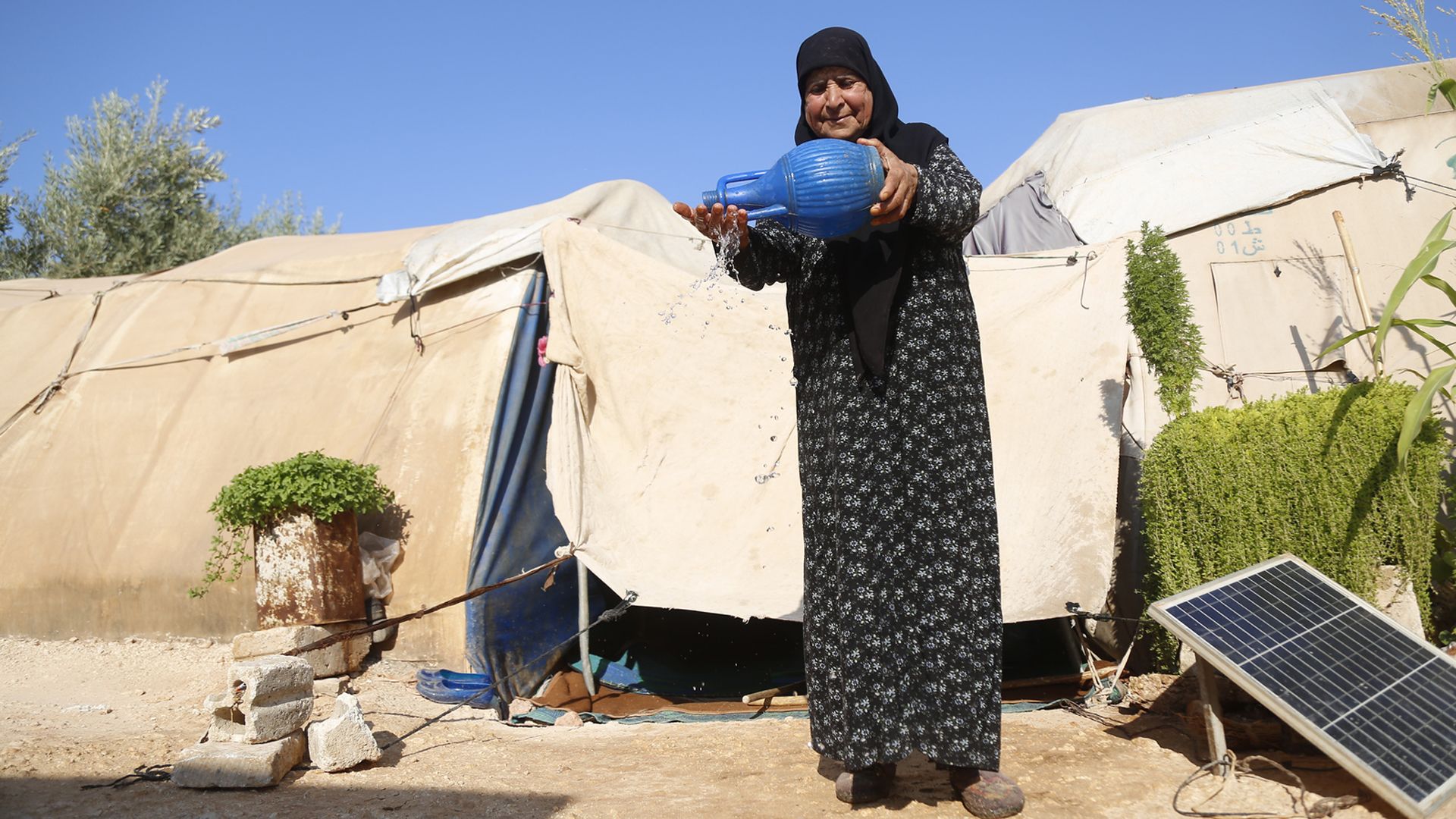Syrien und Mittlerer Osten: Libanon, Jordanien, Irak, Türkei
Nach zwanzig Jahren des bewaffneten Konflikts in Syrien, dem langsamen Zerfall des Libanon und dem Ringen Jordaniens um Stabilität steht die Region vor weiteren Herausforderungen: zum einen durch die Gewalteskalation nach den Terroranschlägen der Hamas vom 7. Oktober 2023 und zum anderen durch die neue Ausgangslage in Syrien nach dem Sturz von Präsident Assad. Die Schweiz antwortet auf diese Herausforderungen mit einem regionalen Kooperationsprogramm, das drei Schwerpunkte verfolgt: Frieden, Jugend und Wasser.

Kontakt
DEZA / Europa und Mittlerer Osten
Eichenweg 5
3003 Bern
Eichenweg 5
3003 Bern

